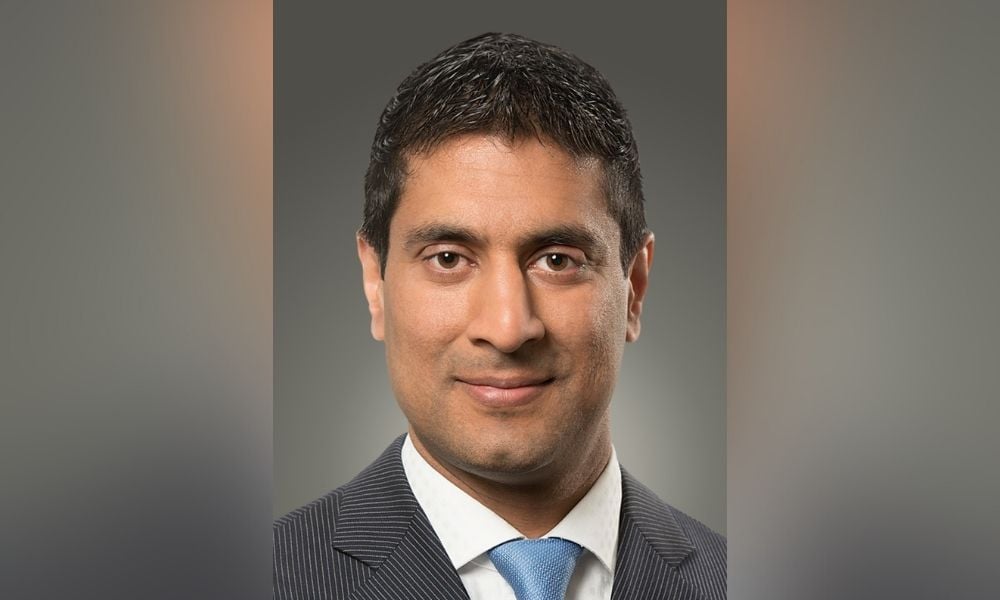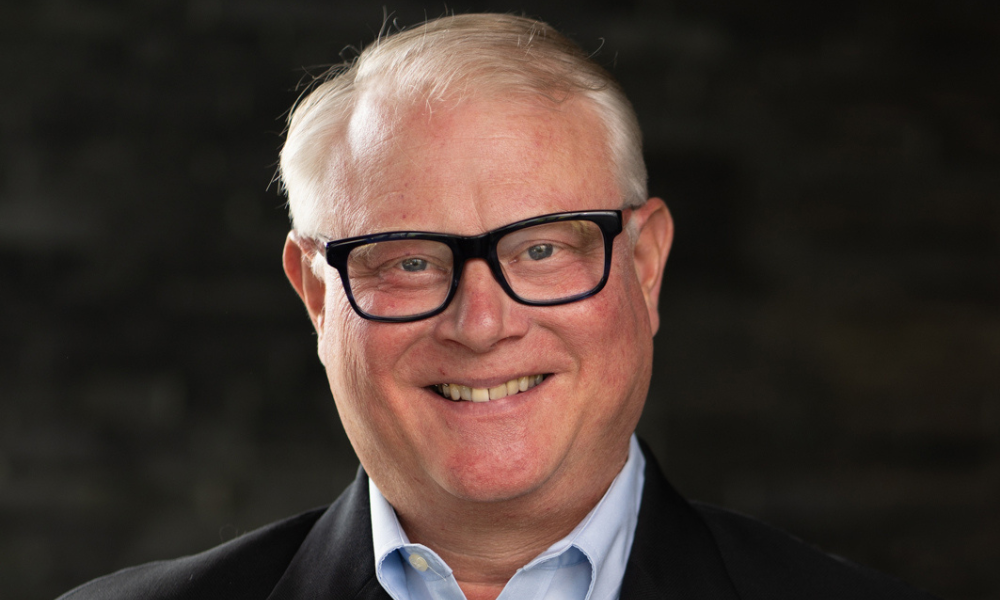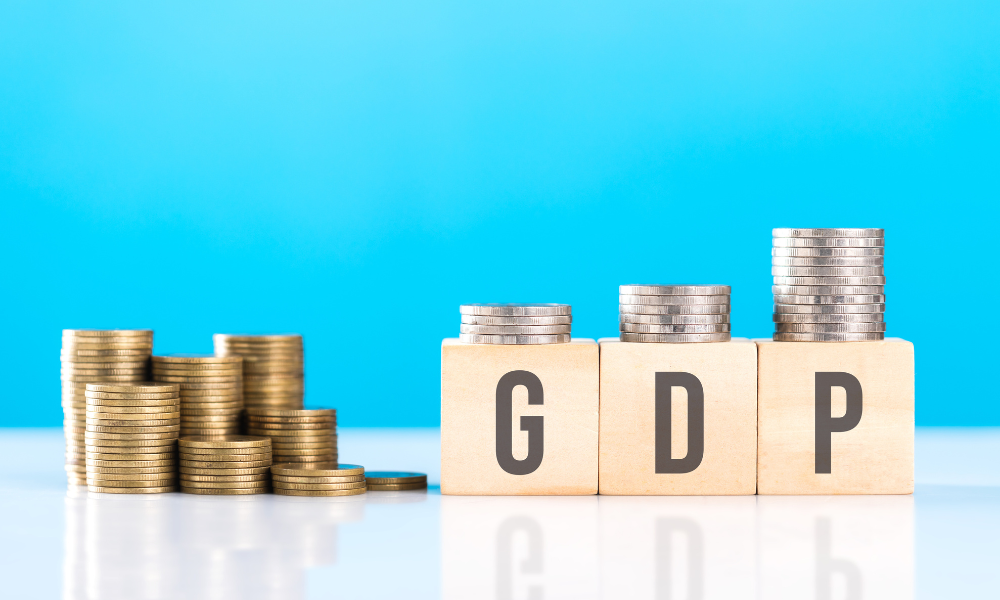Prakash Chaudhari, senior portfolio manager at Manulife Investment Management, explains why the next opportunity is already in his fund

This article was produced in partnership with Manulife Investment Management.
Prakash Chaudhari has been managing money for 22 years and navigated numerous market corrections. As a bottom-up investor, he’s learnt to trust his process and the research behind owning a globally diversified basket of high-quality companies.
The senior portfolio manager at Manulife Investment Management is part of the Essential Equity Team that manages the Manulife Global Monthly High Income Fund, which returned 14.98% in 2021 and 25.70% in 2020.
Managing money amid a crisis is top of mind given the effect of COVID-19 on the markets and economy in the past two years but Chaudhari believes too many people look at what their investments are doing “the next day” rather than evaluating their long-term outlook.
He is confident in buying high quality companies when their price drops because he’s done the valuation work upfront. He explained: “The way I handle these crises is to ensure that my discount rate and how I value the businesses is robust to any economic environment.”
In a rate-raising environment, for example, bad businesses generally have more debt, and the cost of that debt goes up. Investors that rush into buying names just because the price has plunged will still have to face up to that if more economic bumps occur down the road.
Chaudhari’s philosophy gets to the heart of the fund, which sits in the global neutral category, which has a 60% maximum equity weighting. The fund currently has about 58% in equities and about 38% in bonds, with the remainder in cash.
It targets world-class companies, wherever they may be listed, with the portfolio diversly structured to take into account a number of factors. Among them is identifying the drivers of its top-line revenue. Chaudhari wants to be sure the fund is not overexposed to things out of its control, like gas prices, for example.
He said: “When we're talking about quality companies we own, they must be able to set their price. And the reason why that's important to us is because if costs are going up, we want them to be able to say, ‘well, we're going to take our price up to protect our profit margin’.”
The fund also diversifies across sectors, sub industries, and geographies, paying particular attention to countries with a strong rule of law and being wary of being too concentrated in those known to have natural disasters.
The portfolio managers don’t put any constraints on regions but being overconcentrated in one, for example, would clearly be bad portfolio construction. What’s vital, however, is ensuring the portfolio is agile enough to take advantage of unforeseen dislocations.
Chaudhari said: “How do I make sure that I'm diversified enough across the globe so that no matter what comes around the corner, whether it's interest rates or an economic crisis, I’m diversified enough? I've learned that buying our best ideas and allocating capital to those is good. Also, having liquidity to sell your companies that maybe don't have much upside relative to other names is important.”
As a bottom-up investor, opportunities present themselves on a daily basis rather than projecting out with a more macro six-month view. For Chaudhari, it’s about being prepared and ready to move quickly.
The team does its work in advance. From about 35,000 global publicly listed companies, about 17,000 remain after you take into consideration liquidity and rule of law. It then looks at the top-10 percentile, analyzing return on capital to see if it’s high quality, recurring and stable.
Chaudhari said: “How much of this capital is hard for their customers to refuse to buy? And are they gaining market share? Who has limited leverage, because that means if rates go up, they're going to struggle to handle a higher debt or interest burden?
“I'm looking through all those companies, and then modeling them and asking, ‘do they have better upside adjusted for what I have?’ Today, the best opportunities are [already] in the fund.”
He stressed that when he makes an investment, what happens the next day is less relevant. He can’t control the markets and its value of businesses but what he can control is his valuation and research.
He added: “Our five-year performance is a result of what we do in times like this when things are getting frothy; we're recycling or selling and moving into businesses that have better upside.”
Sponsored by Manulife Investment Management, as of February 2022.
The views expressed are those of Manulife Investment Management and are subject to change as market and other conditions warrant. Information about a portfolio's holdings, asset allocation, or country diversification is historical and is no indication of future portfolio composition, which will vary. Certain research and information about specific holdings in the Fund, including any opinion, is based on various sources believed to be reliable. All overviews and commentary are for information purposes only and are not intended to provide specific financial, investment, tax, legal, accounting or other advice and should not be relied upon in that regard. This material was prepared solely for informational purposes, does not constitute an offer or an invitation by or on behalf of Manulife Investment Management to any person to buy or sell any security and is no indication of trading intent in any fund or account managed by Manulife Investment Management.
Commissions, trailing commissions, management fees and expenses all may be associated with mutual fund investments. Please read the fund facts as well as the prospectus before investing. Mutual funds are not guaranteed, their values change frequently and past performance may not be repeated.



